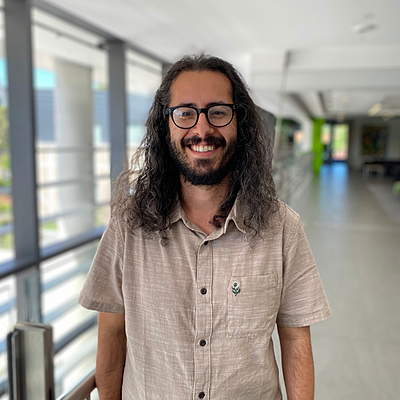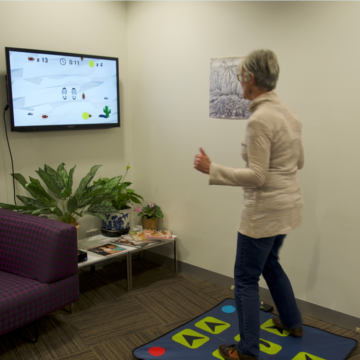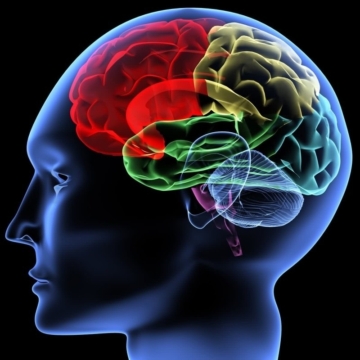Research Project

Paulo Pelicioni
Current Appointments
Postdoctoral Fellow (Honorary)Key Research Areas
Dr Pelicioni is an early career researcher who undertakes interdisciplinary research at the intersection of physiotherapy, medical science and public health, focused on falls in older people and people with neurological disorders. His fields of expertise are: (i) developing and optimising clinical tools for assessments and neurorehabilitation; (ii) investigating the effects of physical exercise on falls prevention; (iii) understanding the mechanisms of falls; (iv) examining motor control and biomechanics involved with gait and balance control; (v) understanding the functionality of healthy and pathological brains. Dr Pelicioni is a postdoctoral fellow working on a research study to test eHealth and smart garment technologies to prevent falls in people with Parkinson’s disease.
Publications
2023 Oct
Combined Reactive and Volitional Step Training Improves Balance Recovery and Stepping Reaction Time in People With Parkinson’s Disease: A Randomised Controlled Trial
View full journal-article on https://doi.org/10.1177/15459683231206743
2023 Aug
Impact of mobile phone use on accidental falls risk in young adult pedestrians
View full journal-article on https://doi.org/10.1016/j.heliyon.2023.e18366
2023 Apr
Effects of telehealth on functional capacity, mental health and quality of life among older people with dementia: LAPESI telehealth protocol for a randomized controlled trial
View full journal-article on https://doi.org/10.1002/pri.1981
2022
A pilot investigation of reliability and validity of balance and gait assessments using telehealth with healthy older adults
View full journal-article on http://www.scopus.com/inward/record.url?eid=2-s2.0-85126066835&partnerID=MN8TOARS
2022
Cortical activation during gait adaptability in people with Parkinson's disease
View full journal-article on http://www.scopus.com/inward/record.url?eid=2-s2.0-85118855091&partnerID=MN8TOARS
2021, 24 Sep
Assessment of Force Production in Parkinson’s Disease Subtypes
View full journal-article on http://dx.doi.org/10.3390/ijerph181910044
2021, 12 Jul
Cognitive and Motor Cortical Activity During Cognitively Demanding Stepping Tasks in Older People at Low and High Risk of Falling
View full journal-article on http://dx.doi.org/10.3389/fmed.2021.554231
2021 Jul
Mild and marked executive dysfunction and falls in people with Parkinson’s disease
View full journal-article on http://dx.doi.org/10.1016/j.bjpt.2020.11.005
2021, 09 Apr
Impact of COVID-19 Pandemic on Life-Space Mobility of Older Adults Living in Brazil: REMOBILIZE Study
View full journal-article on http://dx.doi.org/10.3389/fpubh.2021.643640
2021, 01 Mar
COVID-19 and its impact on human motor control
View full journal-article on http://dx.doi.org/10.20338/bjmb.v15i1.196

